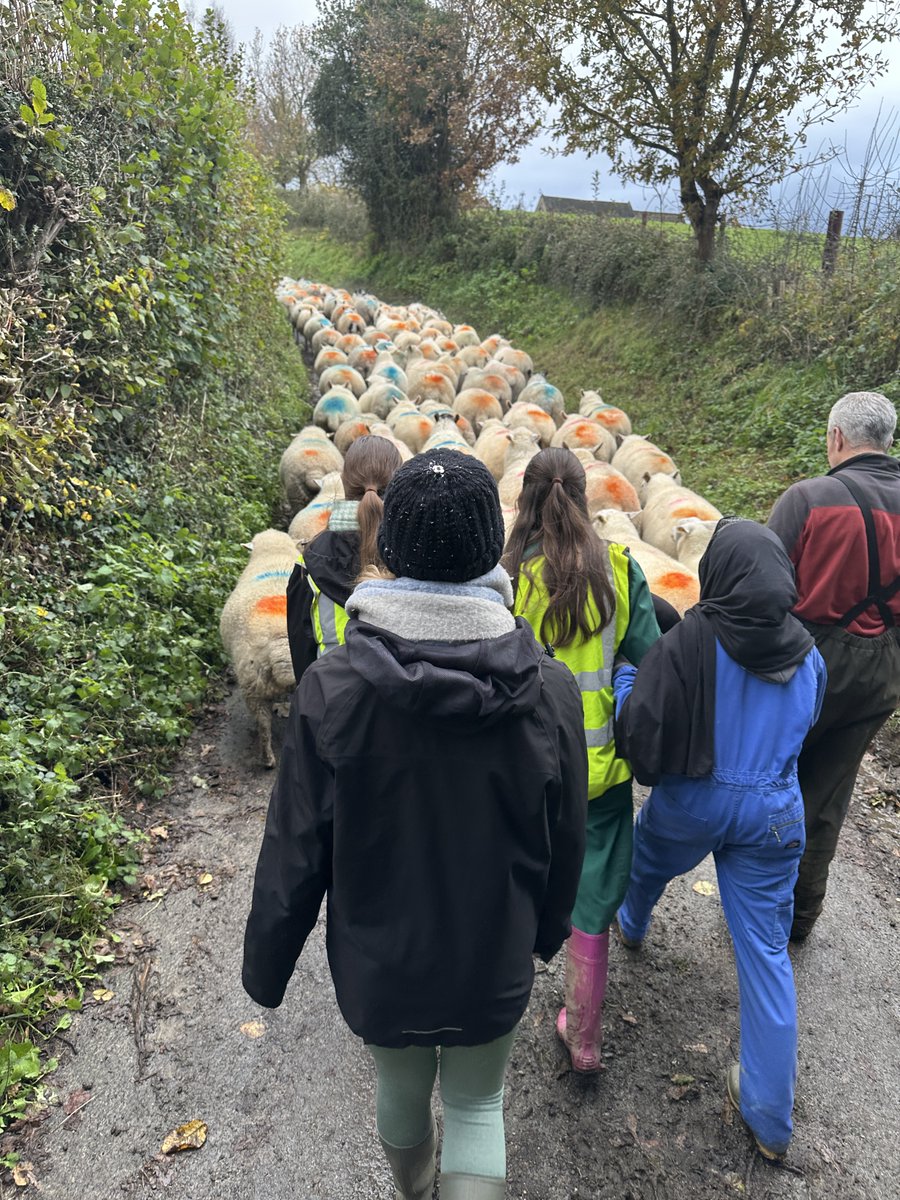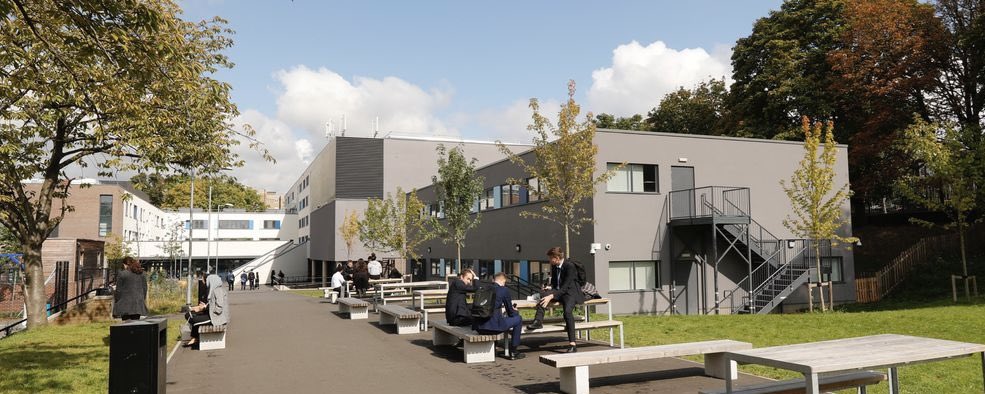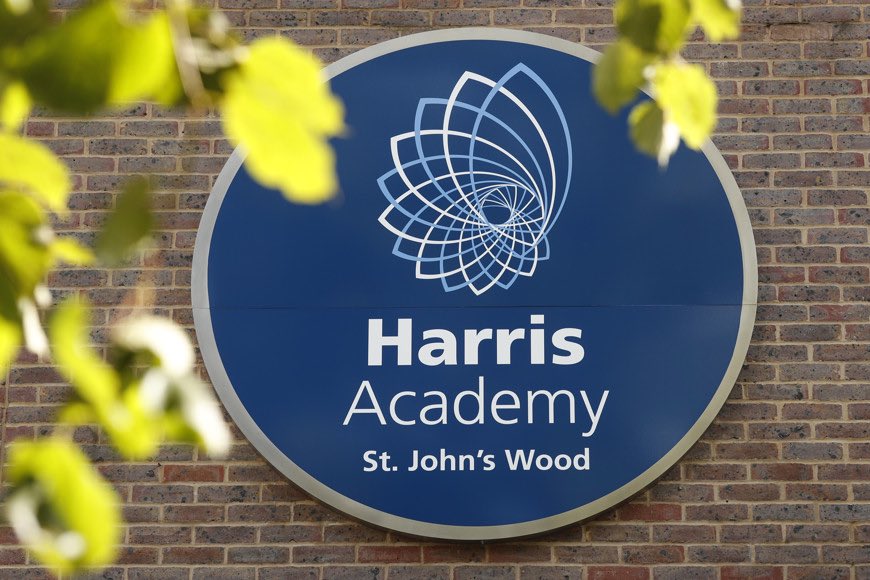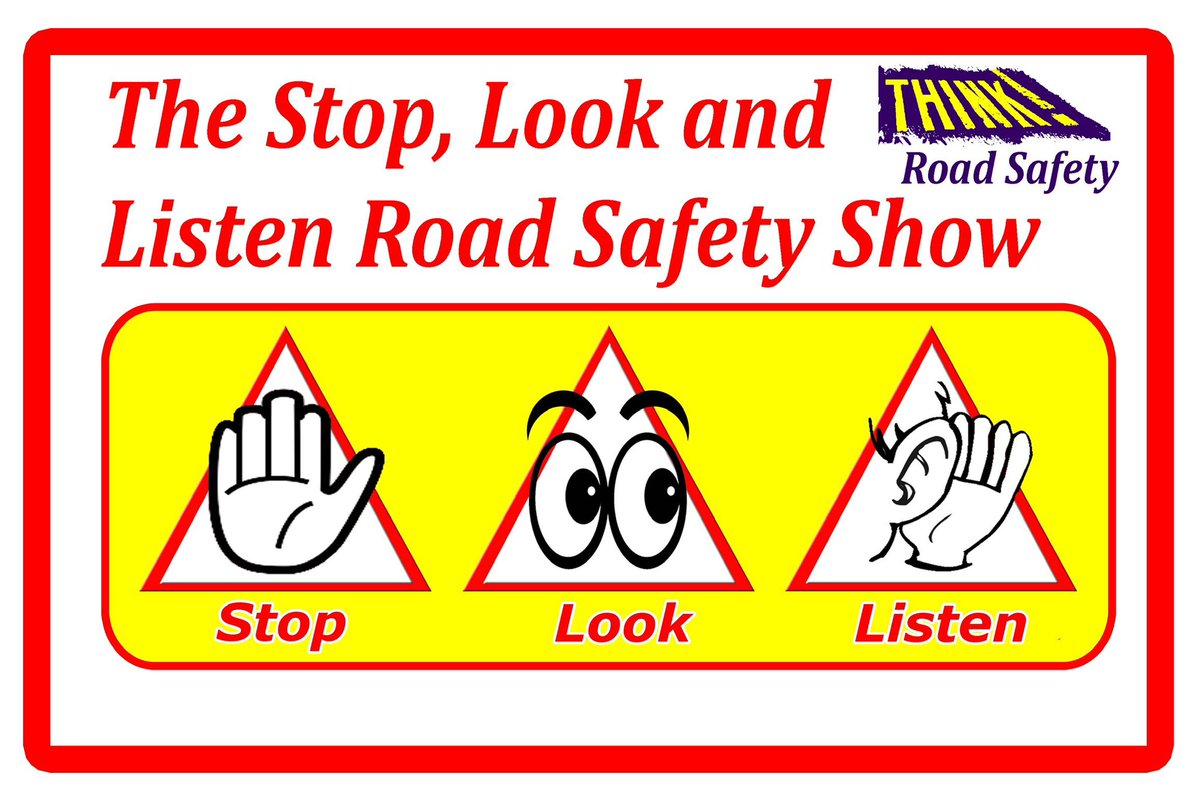History
History is alive and all around us - a living, breathing subject. Who we are today is because of what has gone before. History allows us to celebrate human successes but also allows us to learn from failures in the past. It is important that our pupils learn about local, national and global history to enable them to become informed and active citizens. A genuine interest and passion for history is nurtured through the spirit of enquiry; making connections between the past and the present and challenging existing narratives. History encourages the development of independent thought, analysis and critical thinking.
Principles
Through the studying of history, students:
- Develop substantive knowledge within a chronological and narrative framework.
- Develop an understanding of second-order concepts such as cause and consequence, change and continuity, significance and similarity and difference.
- Analyse and evaluate sources to make inferences about the past.
- Understand that there are multiple narratives / interpretations in History.
- Read critically, to understand the past and to question how we access information.
- Construct arguments supported with evidence.
- Develop extended writing and oracy communication skills.
Key Stage 3 content
Year 7
- Anglo-Saxon England & Vikings c. 451-1066
- Norman England 1066-c.1100
- Later Medieval England c. 1100 - 1500
- Medieval Baghdad
- The Crusades 1095-c.1400
- Medieval Mali
Year 8
- Henry VIII & the Reformation 1509-1547
- The Later Tudors (Edward VI, Mary I & Elizabeth I) 1547-1603
- Mughal Empire 1525-c.1740
- Stuart ENgland & Britain 1603-1714
- The Ottoman Empire 1301-1687
- Early British Empire c. 1600-1800
- The Transatlantic trade of enslaved people c.1400-1833
Y9
- Georgian, Victorian and Edwardian Britain c.1714-1914
- First World War 1914-18
- Russian Revolution & Soviet Union c.1900-1945
- Second World War 1939-45
- The Holocaust 1933-45
- The Arab-Israeli conflict c. 1914-1970
- Post-war migration to Britain c.1914-c.1980
Key Stage 4 content
Edexcel GCSE History
Key areas of content are:
- Crime and Punishment Through Time (1000-Present Day).
- Superpower relations and the Cold War (1941-91)
- Weimar and Nazi Germany (1918-39)
- Early Elizabethan England (1558-1588)
Key Stage 5 content
- British Empire 1857-1967
- The Birth of the USA 1760-1801
- NEA: Russia and Soviet Union 1855-1964
Exam Specifications
Edexcel | H10 BQ | GCSE History
AQA| 7042 | A Level History



















